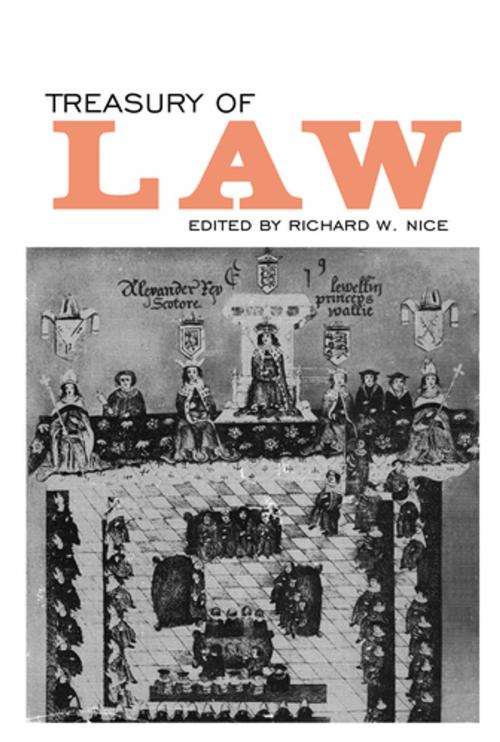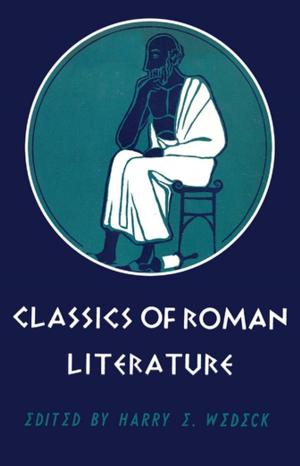| Author: | Richard W. Nice | ISBN: | 9781442234451 |
| Publisher: | Philosophical Library | Publication: | January 1, 1964 |
| Imprint: | Philosophical Library | Language: | English |
| Author: | Richard W. Nice |
| ISBN: | 9781442234451 |
| Publisher: | Philosophical Library |
| Publication: | January 1, 1964 |
| Imprint: | Philosophical Library |
| Language: | English |
In this volume, the editor has assembled as many as possible of the meaningful and significant documents that contributed to man’s determination to govern his conduct in inter-personal and international affairs. Most, it will be observed, reflect early attempts to establish some form of regulatory practice in dealing with specific problems of the times. Since the beginning, men have sought to establish rules and regulations to control their conduct within their particular societies. Some of the earliest attempts to regulate human behavior sprang from powerful, primitive religious influences that governed matters of ethics and morals. Examples of these types of ancient legal systems may be found in the Code of Hammurabi (Babylonia) and the Mosaic Code (Palestine). The first “pure” law can be traced back through classical history to Solon and Lycurgus, as well as to the Law of the Twelve Tables, which was the forerunner of Roman Law. Under the Emperor Justinian, Roman law became an elaborate, highly developed system of government having an immeasurable effect upon the evolution of modern Western law.
In this volume, the editor has assembled as many as possible of the meaningful and significant documents that contributed to man’s determination to govern his conduct in inter-personal and international affairs. Most, it will be observed, reflect early attempts to establish some form of regulatory practice in dealing with specific problems of the times. Since the beginning, men have sought to establish rules and regulations to control their conduct within their particular societies. Some of the earliest attempts to regulate human behavior sprang from powerful, primitive religious influences that governed matters of ethics and morals. Examples of these types of ancient legal systems may be found in the Code of Hammurabi (Babylonia) and the Mosaic Code (Palestine). The first “pure” law can be traced back through classical history to Solon and Lycurgus, as well as to the Law of the Twelve Tables, which was the forerunner of Roman Law. Under the Emperor Justinian, Roman law became an elaborate, highly developed system of government having an immeasurable effect upon the evolution of modern Western law.















